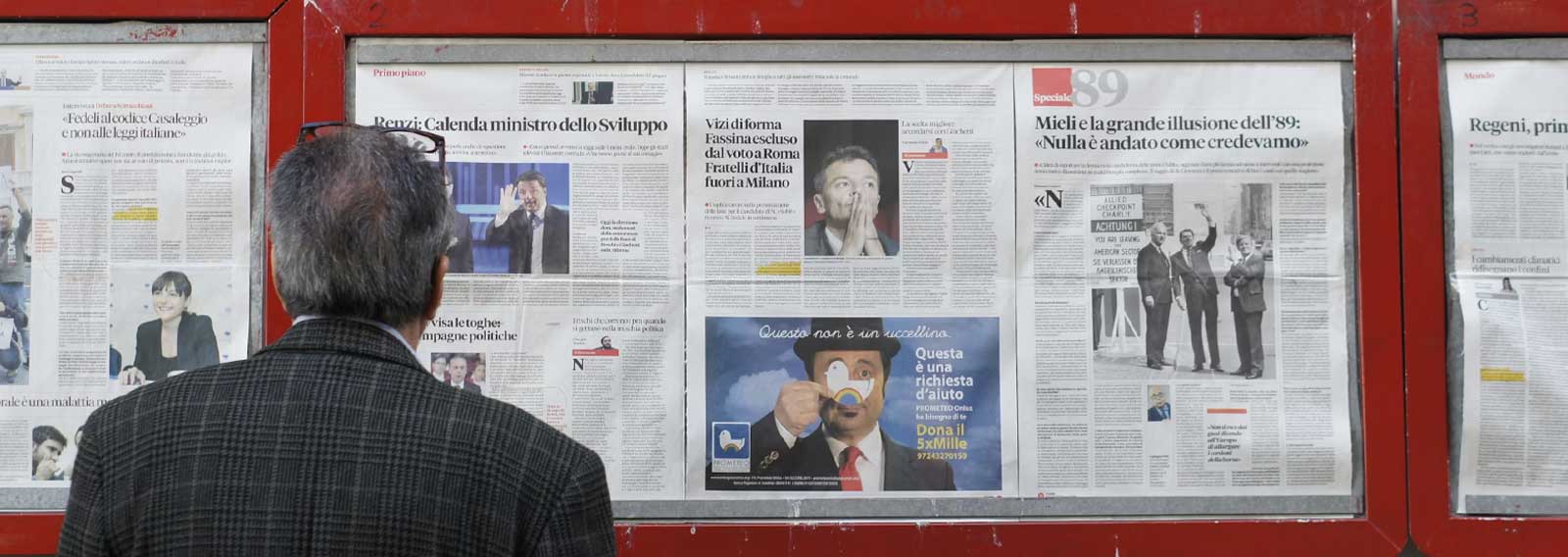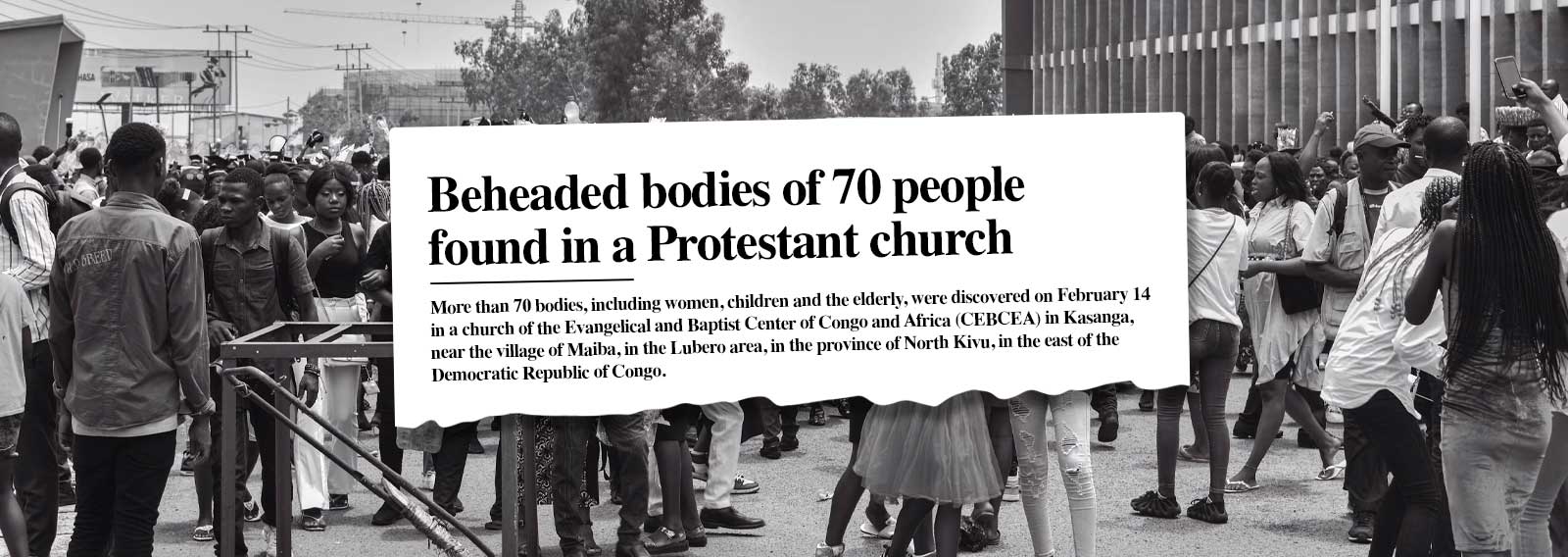The alternative media exists because the mainstream media is overwhelmingly liberal, woke, PC, left of centre, and out of touch with ordinary folks. There would be less of a need for groups like CultureWatch if the media was doing its job properly: being fair, balanced, objective, reliable and trustworthy. But more often than not it is none of those things.
Countless examples of media bias and fake news come to mind, and I have written on many of them. One of the latest exposés of how bad the MSM is has to do with National Public Radio (NPR) in America. As the name indicates it is a public, and therefore taxpayer-funded, national radio network. Things like SBS and the ABC in Australia would be similar.
NPR has long been accused of pushing a leftist narrative and promoting liberal agenda items. But things have really come to a head over the past month when an insider spilled the beans. Defenders of NPR can easily claim outside critics are not to be taken seriously, but when one of their own speaks out, then we better sit up and take notice.
That someone is Uri Berliner. He had worked at NPR for a quarter of a century and was one of their editors. But for daring to tell the truth about the leftist-leaning outfit, he now no longer has a job there. It started when he wrote an article that appeared a few weeks ago on how NPR has ‘lost America’s trust.’ He begins by describing the sort of person he is:
“You know the stereotype of the NPR listener: an EV-driving, Wordle-playing, tote bag–carrying coastal elite. It doesn’t precisely describe me, but it’s not far off. I’m Sarah Lawrence–educated, was raised by a lesbian peace activist mother, I drive a Subaru, and Spotify says my listening habits are most similar to people in Berkeley. I fit the NPR mold.”
He mentions that while there always was a liberal bent to NPR, in more recent times it has moved way over to the far left:
By 2023, the picture was completely different: only 11 percent [of listeners] described themselves as very or somewhat conservative, 21 percent as middle of the road, and 67 percent of listeners said they were very or somewhat liberal. We weren’t just losing conservatives; we were also losing moderates and traditional liberals. An open-minded spirit no longer exists within NPR, and now, predictably, we don’t have an audience that reflects America. That wouldn’t be a problem for an openly polemical news outlet serving a niche audience. But for NPR, which purports to consider all things, it’s devastating both for its journalism and its business model.
He offers a number of examples of the leftist slant found in its news coverage and opinion commentary, and then speaks of how identity politics are now all the rage there:
Most visible was a burgeoning number of employee resource (or affinity) groups based on identity. They included MGIPOC (Marginalized Genders and Intersex People of Color mentorship program); Mi Gente (Latinx employees at NPR); NPR Noir (black employees at NPR); Southwest Asians and North Africans at NPR; Ummah (for Muslim-identifying employees); Women, Gender-Expansive, and Transgender People in Technology Throughout Public Media; Khevre (Jewish heritage and culture at NPR); and NPR Pride (LGBTQIA employees at NPR).
All this reflected a broader movement in the culture of people clustering together based on ideology or a characteristic of birth. If, as NPR’s internal website suggested, the groups were simply a “great way to meet like-minded colleagues” and “help new employees feel included,” it would have been one thing. But the role and standing of affinity groups, including those outside NPR, were more than that. They became a priority for NPR’s union, SAG-AFTRA—an item in collective bargaining.
He concludes, in part, with these words: “With declining ratings, sorry levels of trust, and an audience that has become less diverse over time, the trajectory for NPR is not promising. Two paths seem clear. We can keep doing what we’re doing, hoping it will all work out. Or we could start over, with the basic building blocks of journalism. We could face up to where we’ve gone wrong.”
But those are fightin’ words, and he did not last long there. He was actually suspended for daring to write that piece. And following on from that, he decided that his best course was to resign – and that he did. “I respect the integrity of my colleagues and wish for NPR to thrive and do important journalism. But I cannot work in a newsroom where I am disparaged by a new CEO whose divisive views confirm the very problems at NPR I cited in my Free Press essay.”
And that recently appointed CEO of NPR is Katherine Maher, called by one writer “the queen of the Karens”. As he wrote:
It would be impossible to create a resume of a person more disconnected from Americans and more intertwined with the wealthy, urban, globalist elite who run the largest banks, media companies, and nonprofit groups in the United States. In other words, Maher has the perfect resume to run NPR. And her tweets prove she is the perfect person for the job. She’s a vegetarian. She hates cars. And white men flying on planes. She supports race-based reparations, rioting, and the Black Lives Matter movement. She believes “America is addicted to white supremacy.” She doesn’t want to become a mother because “the planet is literally burning.” She uses phrases such as “CIS white mobility privilege” unironically. She admits to growing up “feeling superior … because I was from New England and my part of the country didn’t have slaves.” I wonder what fuels her sense of superiority now.
Oh dear. Sounds just like your average ABC or SBS worker here down under. And Frank Furedi has more to say about the new NPR boss:
It’s never a good sign when a society’s cultural elites start to see facts as an inconvenience. When leading figures in the media describe the truth as an obstacle to ‘getting things done’, you know you’re in serious trouble. These are the words of Katherine Maher, the new CEO of America’s National Public Radio (NPR). During a TED talk in 2021, when Maher was still CEO of the Wikimedia Foundation, which owns Wikipedia, she announced that ‘our reverence for the truth might be a distraction that is getting in the way of finding common ground and getting things done’. ‘That is not to say that the truth doesn’t exist’, she added, ‘or to say that the truth isn’t important… [but] one reason we have such glorious chronicles to the human experience and all forms of culture is because we acknowledge there are many different truths’.
Yep, typical secular left inanity: ‘There is no truth, but MY truth is superior to your truth, and I will use your tax-dollars to push my agenda far and wide.’ While NPR also gets some financial support from various donors, it is the hard-working taxpayer that is mainly paying her hefty salary and the costs of running this uber-leftist organisation.
While Berliner himself has said he does not want to see NPR stripped of public (taxpayer) funding, many others are rightly calling for this. Michael Chapman for example said this:
Berliner’s tell-all confirms what media critics have long known, and reveals why taxpayer funding of the news media is not a good idea. It would not matter whether NPR was liberally biased or conservatively biased. The bottom line is that if politicians (bureaucrats) control the funding of the news, then the news likely will be politicized….
If NPR were private, receiving no taxpayer funds, like The Nation or NBC News, its coverage and “less diverse” audience would likely raise little concern. NPR could be as woke as it wants or as conservative as it wants. The bottom line is that there is no reason why taxpayers should be forced to fund news organizations….
As Uri Berliner wrote, “[W]hat’s notable is the extent to which people at every level of NPR have comfortably coalesced around the progressive worldview. And this, I believe, is the most damaging development at NPR: the absence of viewpoint diversity.” If individuals want to support a “progressive” NPR through charitable contributions, that’s fine. But don’t force taxpayers to help foot the bill.”
As I keep reiterating, we have the same issue here, with media outfits like the hyper-left ABC getting a whopping $1.1 billion of our tax dollars, all the while pushing a radical leftist minority point of view. If folks enjoy the ABC so much, they can send in donations. But forcing taxpayers to subsidise something that most would find far too biased and woke is just tenable.
People vote with their feet. When they flee leftist hellholes around the globe for free and democratic nations like America or Australia, that tells us all we need to know. And when folks are increasingly fleeing the lamestream media and turning to more reliable alternative media outlets, that speaks volumes as well.
Defund these public broadcasters now, and see how long they last when they are forced to stand on their own two feet, instead of breaking the backs of millions of taxpayers.



















